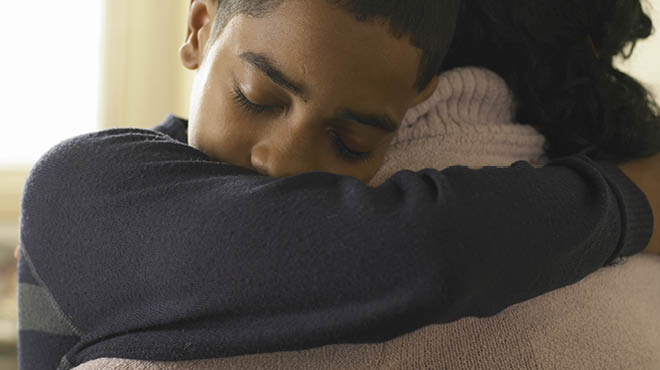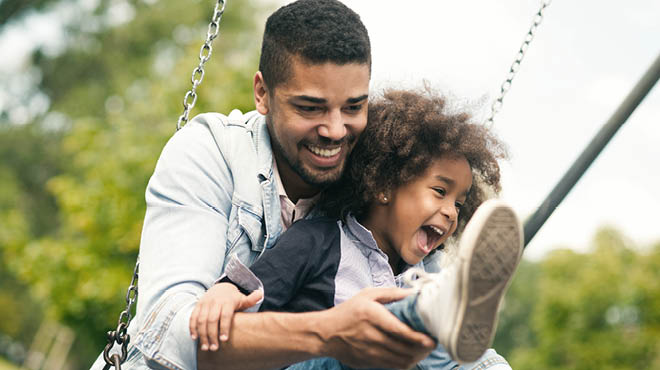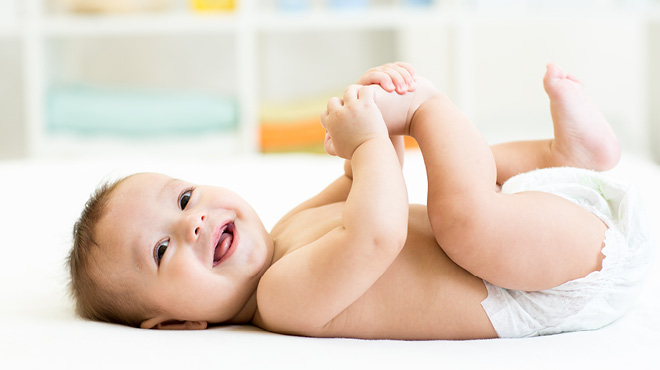Recent Posts
Breaking the adverse childhood experiences cycle

The early years in a child’s life have a significant effect on his or her future learning, behavior and well-being. If a child has been through severe trauma while his or her brain is still developing, there can be major social and health consequences later in life. Adverse childhood experiences, known as ACEs, create toxic levels of stress that can harm brain development. These experiences can look like physical, emotional and sexual abuse; alcohol and/or drug abuse; incarceration; lack of mental health stability; domestic abuse; parental divorce; or emotional or physical neglect.
BREAKING THE CYCLE
If a child grows up in a household that has several of these experiences, the likelihood of long-term impacts increases. While it may get harder to break the cycle the greater the adversity, it doesn’t mean it isn’t possible. Creating stable, nurturing relationships that build trust between an adult and a child with adverse childhood experiences can be the starting point of breaking the cycle. You don’t have to be an immediate family member or an expert in this field to be a good role model for a child. It can start with the simple question, “Are you OK?” and build from there. Opening up conversations about how children feel and why they feel that way can help them build trust in you and explore their feelings in a way that they maybe hadn’t been able to do before.
ASKING QUESTIONS
If you see a child who you think needs this kind of supportive mentor, ask yourself three questions:
- “Can I be a mentor?”
- If not, “Do I know someone who could be a mentor or connect the child with a mentor?”
- If yes, “Can I support the programs that mentor those children in any way?”
These programs, like Big Brothers Big Sisters and the Boys and Girls Club, shows kids who may have adverse childhood experiences what stable and caring people look like, and gives them a safe place to be. Such programs provide training for adult volunteers; have rigorous and reliable screening practices for adult mentors in order to protect children; and provide consistent oversight, training and support for volunteers. The relationships that children build with their mentor might be their only look into a life that has stability. Being a caring adult and building a relationship with a child who has a higher adverse childhood experiences score can buffer for the damaging effects of toxic stress.
BUILDING HOPE
What children experience in the earlier stages of life does not have to have a negative effect on their futures, but that requires us to step in to help. If you know a child you think may be struggling or have experienced some trauma, trust your instincts and step in. Building a stable relationship with the child can help buffer for adverse childhood experiences and help them to live a fulfilling life he or she deserves. If you don’t know of anyone in need but want to help, consider connecting with local youth service organizations to see if you can volunteer or donate. Roll up your sleeves, and make a difference.





